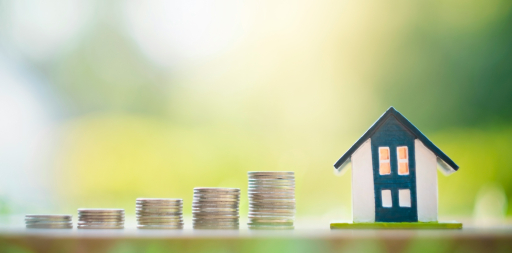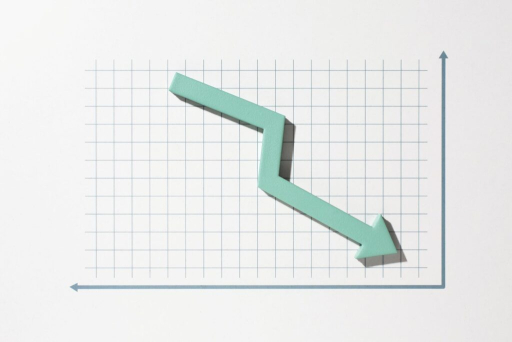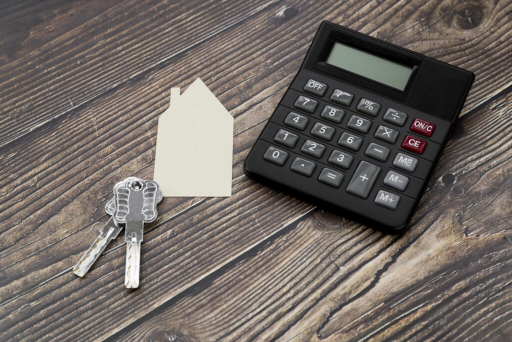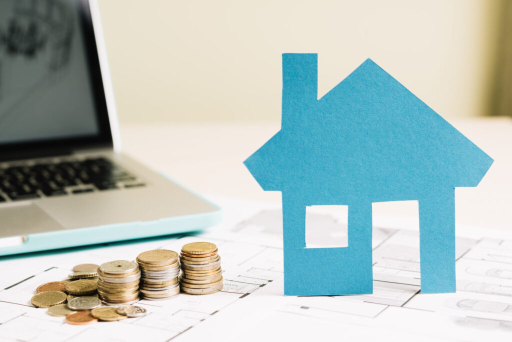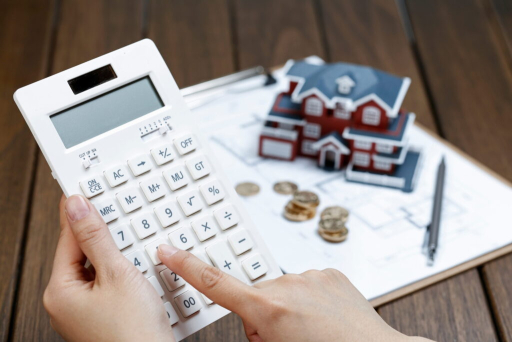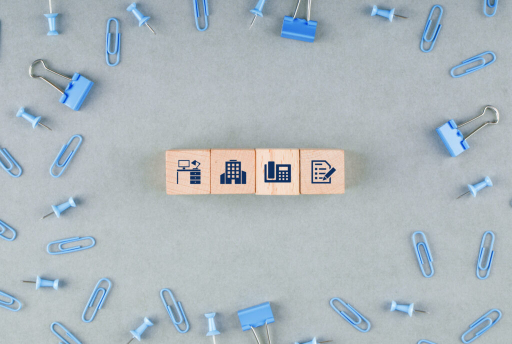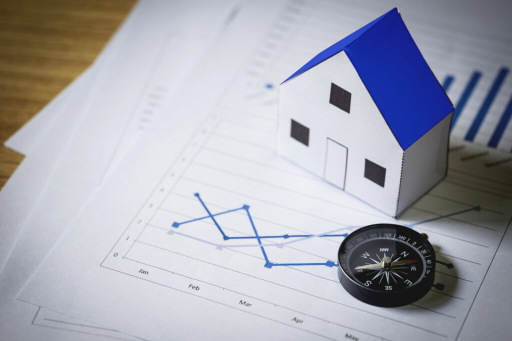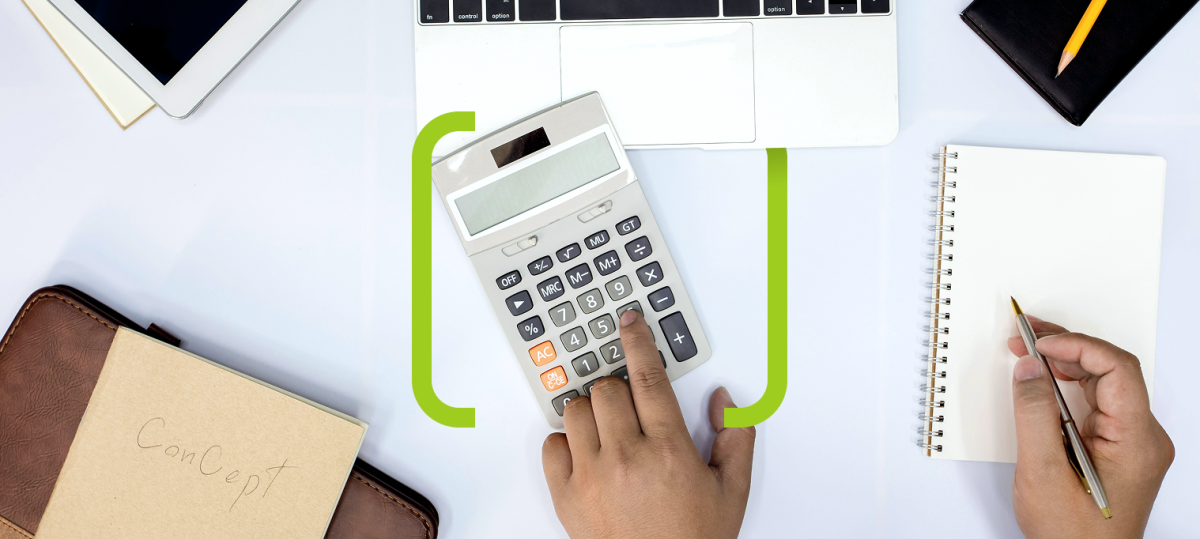
Blog: finance and real estate made simple
Articles and insights to help you navigate and grow
When a Credit Card Helps You Get a Mortgage—and When It Can Ruin Your Chances

Why does a credit card influence your ability to get a mortgage? For those who don’t know—or would rather not know—how a credit card works, here’s a quick refresher.
A credit card is an open credit limit that we draw on, repay, and then draw on again. Technically, this is called revolving credit. And here’s the point: yes, a credit card is essentially a loan, and as such, it behaves like one and comes with its own rules.
We borrow and spend the bank’s money, which can be an advantage—not just abroad—because it protects the funds in our checking account from theft (both physical and online). Then we must repay the borrowed amount within a set period, usually between 45–55 days. If the debt is repaid on time, this period is interest-free—essentially, we borrowed for free, which is great.
But if we repay late—either because there isn’t enough money in the account or we forget—trouble starts. Another feature of loans kicks in: interest rates. And this is exactly what banks are counting on—the main reason they “hand out” credit cards. Interest rates are ruthless—commonly between 20–24% p.a. (i.e., about 2% monthly). That means some people pay in one month on a credit card what others pay in a year on their mortgage!
Let’s look at the role credit cards play when applying for a mortgage—and how to use them to your advantage.
The Role of Credit Cards in Mortgage Approval
When approving a mortgage, banks assess a client’s discipline, past behavior, and responsibility—this is called scoring. They are interested in how the client uses the credit card and how they repay it. Based on this, the bank evaluates potential future behavior when repaying a mortgage.
Our goal is to prepare the client so that their scoring looks as good as possible—making the bank eager to lend. And this is where a credit card can be used to your advantage—painting the client as responsible, experienced, and prepared.
This can be particularly useful for younger applicants with little life or work history. They are often an unknown for banks, making them riskier. Banks then protect themselves by raising interest rates, tightening other loan conditions, or sometimes outright refusing the mortgage.
If such a client takes out a credit card—usually with a limit based on account turnover or income—and uses it correctly, they start building a credit history, which helps with scoring and eventual mortgage approval. But discipline is key: the debt must be repaid on time within the interest-free period!
The best approach is to set up direct debit payments, maintain a sufficient account balance, and monitor monthly spending. All repayment activity is recorded in the credit bureau register and remains visible for 4.5 years. This is where banks draw their data for scoring. We can also advise you on how to ensure banks always see what they want to see—that you are prepared to repay your mortgage properly.
The Dark Side: When a Credit Card Hurts Your Mortgage
But as the saying goes: a good servant, but a bad master.
When assessing creditworthiness, banks often calculate a monthly expense as a certain percentage of the entire credit limit—even if you don’t use it. Each bank has its own method. For example, if you had a limit of 200,000 CZK (≈ 8,000 EUR), a bank might assume a monthly payment of 10,000 CZK (≈ 400 EUR), which could reduce your potential mortgage by up to 2,500,000 CZK (≈ 100,000 EUR).
Some clients take credit cards lightly, using them like a loan and repaying late. This also shows up in the monthly credit bureau report. And here lies a serious problem: such “black marks” have destroyed many clients’ dreams of owning a home, because banks often reject applicants outright if they see this negative history.
So—Have a Credit Card, or Cancel It Before a Mortgage?
That’s the question. And the best answer is: always consult an advisor.
We’ll gladly explain in detail how to prepare for a mortgage—or a larger loan (such as for a car or renovation)—so you don’t end up empty-handed and waiting years for your next chance.
Note: All amounts originally stated in CZK have been converted into EUR using a fixed exchange rate of 25 CZK = 1 EUR.
Stone & belter blog
Similar articles
Category


